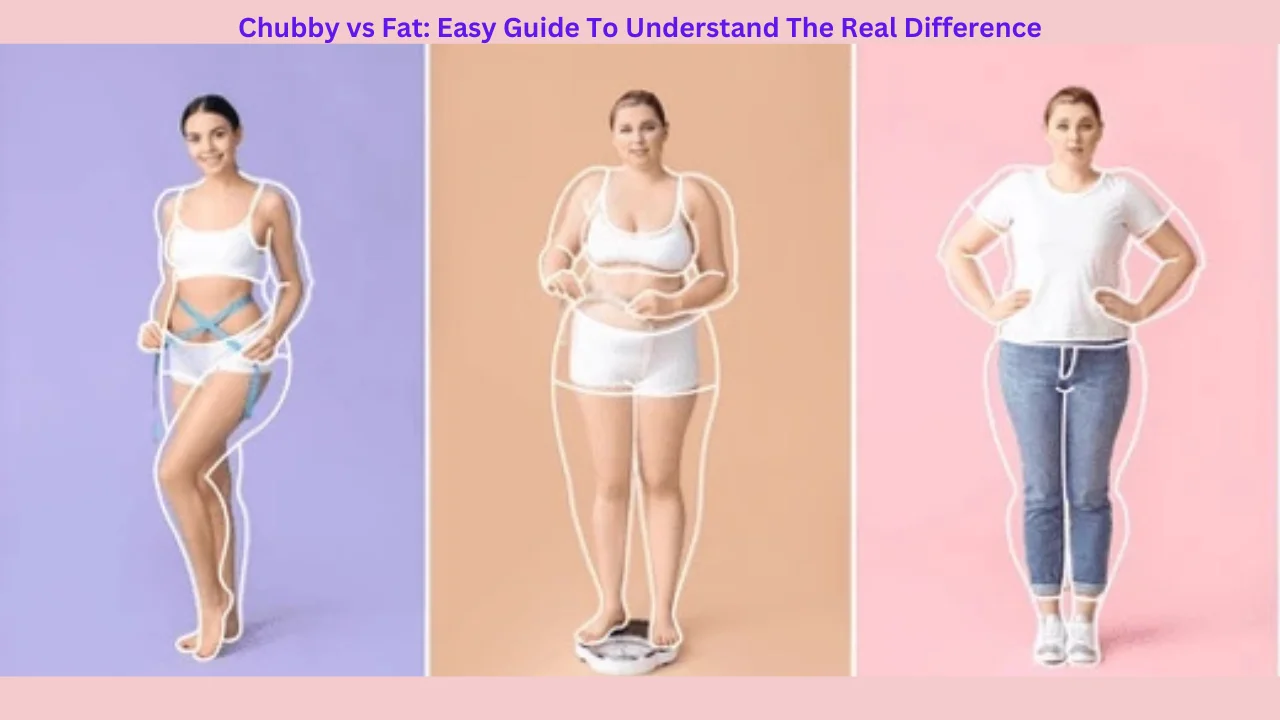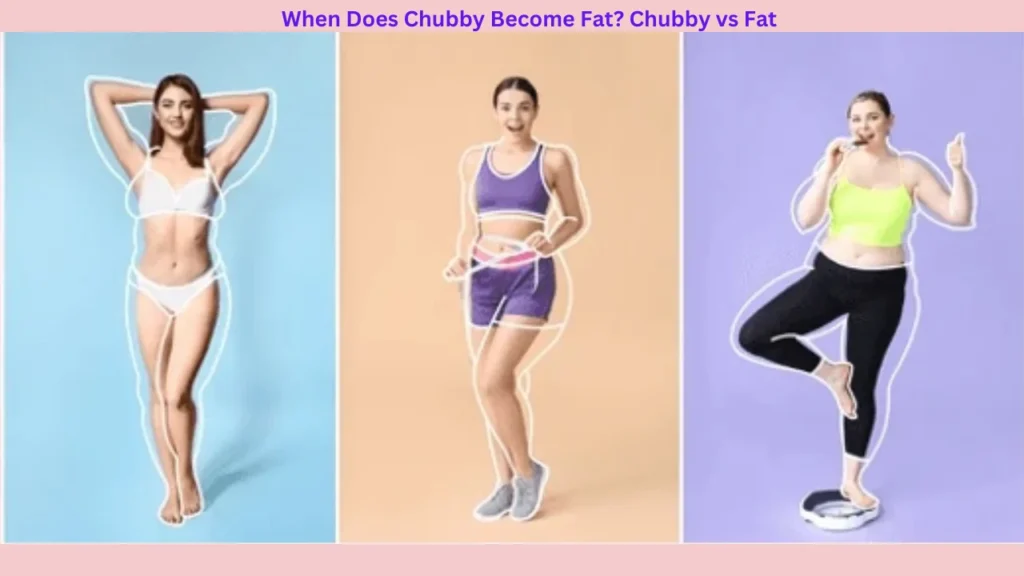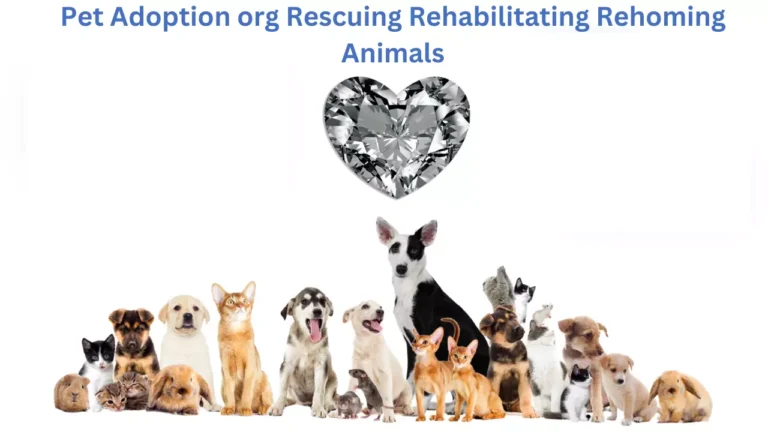Chubby vs Fat: Easy Guide To Understand The Real Difference

The debate between chubby vs fat has been around for a long time, with many wondering what these terms mean. Both words describe body types, but they come with subtle differences in usage, tone, and perception. Knowing how to distinguish between them helps avoid misunderstandings and promotes a positive conversation about body image.
What Does Chubby Mean?
The term “chubby” is often used in a lighthearted way to describe someone who has extra body weight but does not appear obese. People considered chubby have soft, rounded features, giving them a slightly plump or fuller appearance. This word is usually associated with children, pets, or even adults in a friendly, non-judgmental context. When someone says a person is chubby, it can sometimes imply affection. For example, phrases like “chubby cheeks” refer to round and cute features. Chubby individuals tend to carry fat in areas such as the face, arms, and belly, but it doesn’t significantly affect their mobility or health.
What Does Fat Mean?
In contrast, “fat” tends to carry a more direct and sometimes negative connotation. It describes someone with a higher level of body fat. While it is a neutral term in medical contexts, many find it offensive if used carelessly in social settings. Fat is often linked with health concerns such as obesity, which can increase the risk of diseases like diabetes or heart problems. Fat individuals tend to have visible excess fat across multiple parts of the body, which may impact physical movement and daily activities. Unlike “chubby,” the term “fat” can trigger body image issues and needs to be used cautiously.
Chubby vs Fat: Key Differences
It is essential to recognize how the words chubby vs fat differ in terms of meaning, perception, and usage. While both describe people with extra weight, their tones and implications vary greatly.
| Aspect | Chubby | Fat |
|---|---|---|
| Tone | Playful, affectionate | Direct, often harsh |
| Usage | Friendly contexts (babies, pets) | Medical or judgmental contexts |
| Perception | Positive or neutral | Negative or clinical |
| Health Impact | Rarely associated with risks | Linked to health concerns |
| Social Impact | Can be viewed as cute | May cause embarrassment or offense |
These differences highlight how “chubby” may appear harmless or even positive, whereas “fat” can feel judgmental or stigmatizing.
Health Implications of Being Chubby vs Fat
Being chubby does not necessarily mean a person is unhealthy, especially if they maintain a balanced lifestyle with good eating habits and physical activity. Many chubby individuals lead active lives without experiencing any medical issues. However, being fat often correlates with health concerns. Obesity, the medical term for excessive fat, increases the risk of diabetes, heart disease, high blood pressure, and joint problems. While chubby people may only carry extra weight on the surface, fat individuals may have higher amounts of visceral fat, which is linked to metabolic diseases.
How Society Perceives Chubby vs Fat
Society views chubby people more positively than fat individuals. “Chubby” can evoke positive emotions and is often seen as an endearing quality, especially for babies and toddlers. It is common to hear compliments about someone having “chubby cheeks” or a “plump face,” suggesting that chubby traits are considered cute. On the other hand, the term “fat” is frequently associated with negativity, often used to describe someone in a critical or judgmental way. People labeled as fat may experience body shaming, which can harm their mental health and self-esteem. Fat individuals often face social stigma, which can lead to anxiety or depression.
Emotional Influence of Labels
The emotional impact of being called chubby vs fat differs significantly. Someone referred to as chubby may not take it as an insult, especially if the comment is made with a friendly tone. However, calling someone fat can hurt their feelings deeply, especially in public settings. This difference in emotional response highlights the importance of choosing words carefully. It is essential to focus on body positivity and avoid labels that may cause distress.
When Does Chubby Become Fat?

It can be challenging to determine Chubby vs Fat when chubby crosses over into fat. Chubbiness often refers to slight weight gain that does not interfere with health, while fat describes a more substantial level of excess weight. If a person gains more weight over time and begins to experience health complications or difficulty moving, their body type may shift from chubby to fat. Doctors often rely on measurements such as Body Mass Index (BMI) to differentiate between being overweight and obese. A BMI of 25-29.9 typically indicates someone is overweight (or chubby), while a BMI of 30 or above suggests obesity.
How to Address Body Weight Positively
When discussing body weight, it is crucial to use kind and respectful language. Terms like chubby can be more acceptable if said with genuine affection while calling someone fat should be avoided unless the context is medical or health-related. Emphasizing health and well-being over appearance helps promote body positivity. If someone is struggling with their weight, focusing on healthy lifestyle changes rather than labels can make a big difference. Encouraging physical activity and balanced eating habits is more helpful than simply pointing out that someone is fat or chubby.
How Culture Affects the Use of Chubby vs Fat
Cultural perspectives shape how people interpret chubby vs fat. In some cultures, being chubby is seen as a sign of wealth or good health, especially in regions where food scarcity is common. Meanwhile, Western cultures often emphasize thinness as the ideal body type, leading to more negative perceptions of fat. Understanding these cultural differences is essential to avoid miscommunication. What may be a harmless comment in one culture can be offensive in another.
Frequently Asked Questions
What is the main difference between Chubby vs Fat?
Chubby vs Fat, The main difference lies in the degree of weight and how it is perceived. “Chubby” refers to a slightly plump appearance with extra weight but no severe health risks, while “fat” implies a higher level of body fat and is often associated with potential health concerns.
Is it offensive to call someone chubby or fat?
Calling someone “chubby” can be taken as affectionate, though it depends on the context. However, using “fat” is often viewed as insensitive or offensive, unless it is discussed in a medical setting.
Can chubby people be healthy?
Yes, chubby people can maintain a healthy lifestyle if they eat well, exercise, and have no underlying medical issues. Being slightly overweight doesn’t always indicate poor health.
How do I talk about weight without offending someone?
Use respectful and positive language, focusing on health and well-being rather than appearance. Avoid labeling people and instead encourage healthy habits in a supportive way.
Conclusion
In the debate between chubby vs fat, context, intent, and perception play significant roles. While chubby tends to have a positive or neutral tone, fat carries stronger, often negative connotations. Both words describe body types with extra weight, but the key difference lies in the degree of excess fat and how these terms are perceived socially.






